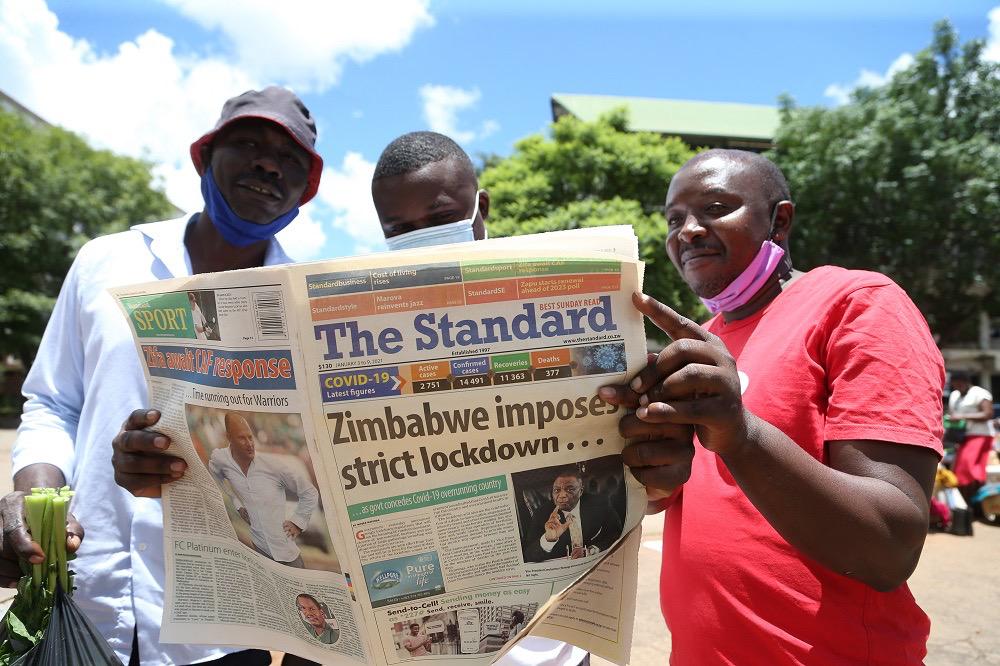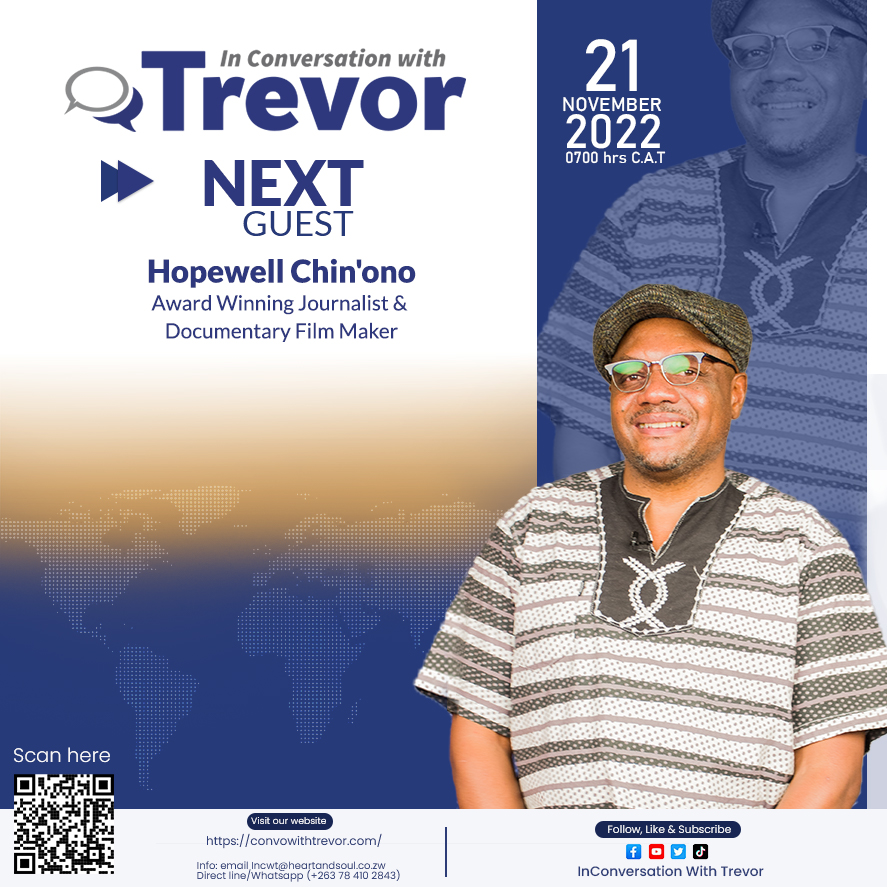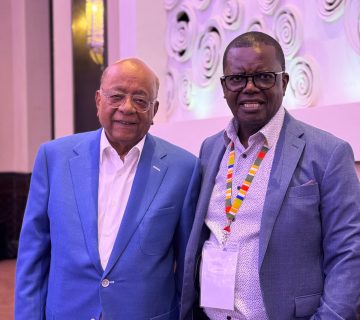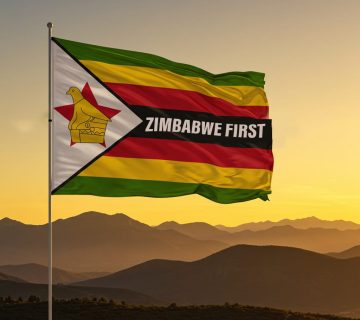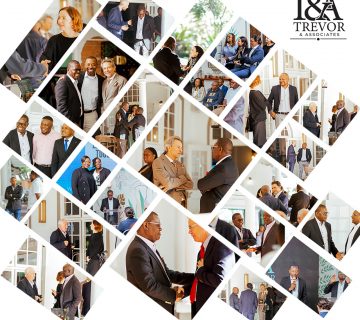 | |||
Press freedom and responsibilityThe Commonwealth team that was in Zimbabwe recently to assess whether the country was ready for readmission into the club of mainly former British colonies implored the local media to play a part in reuniting the country. Addressing the media, team leader Luis Franceschi said: “I call on the media here that the great responsibility that you have is to move together, to find each other and close the gap that divides you which is a gap of perhaps mistrust, which is not essential.” Zimbabwe is one such country, which has been in the grip of an internecine conflict for over two decades now. Has the media in Zimbabwe over the years taken a stance that works for the resolution of the conflict, or has it worked to aggravate the situation? In other words has the media attempted to build bridges, or has it been part of the building of walls. It’s becoming increasingly clear that Zimbabweans are now collectively in a state of weariness. Over the past two decades the story has not been good; day in, day out, the media bombards the public with stories of gloom. The politics have not been right and the media has taken it upon itself to loud hail into our offices and homes the same story of doom and gloom. This is in spite of the fact that newspaper sales have been dropping astonishingly in the past decade pointing to the fact that the media, particularly print, has alienated itself from readers. Online publications instead of being the saviours have been the worst culprits in damaging the collective reputation of journalism. A 2014 survey by the Ministry of Information, Media and Broadcasting Services adequately trapped the thinking of the general populace. The Information and Media Panel of Inquiry (IMPI) among other observations established that: In countries going through political crises journalists tend to embed themselves with political establishments and take the propaganda emanating from these political groupings as their major source of news. The situation is the same in Zimbabwe where the media is heavily polarised with the public media becoming the mouthpiece of the governing party while the private media has rallied behind the opposition and civil society. The situation is not peculiar to Zimbabwe. In 2005 Francis B Nyamnjoh in a paper titled Racism, Ethnicity and the Media in Africa: Reflections inspired by studies of xenophobia in Cameroon and South Africa concluded that: Using the Cameroonian experience Nyamnjoh ”sought to understand how scapegoatism, partisanship, and regional and ethnic tendencies in the media have affected their liberal democratic responsibility to act as honest, fair and neutral mediators – accessible to all and sundry.” This point is more poignant when one considers the Zimbabwean situation. IMPI recorded “numerous complaints that newspapers publish falsehoods and so people no longer trust the media. The notion is affecting media business as people now feel that there is no need to buy newspapers that publish falsehoods.” This shows that Zimbabwean media has abdicated its responsibility of being a disinterested arbiter of conflict; it has abrogated the codified ethics of journalism, namely accuracy, impartiality and fairness. It has given itself a sense of power that has ruined objectivity, impartiality and credibility. A key principle of journalism should be to balance competing truths; truth is a complex concept which journalist should never claim to know. Journalists who have claimed to know the truth have worsened conflict often leading to genocide. | |||
In Conversation with Hopewell Chin’onoOn In Conversation With Trevor we take a deep dive into issues affecting our beloved country with award-winning journalist and documentary film maker Hopewell Chin’ono such as political violence,human rights violations, corruption, and censorship of the media. He shares his experience of his arrests on charges of communicating “falsehoods” that aimed to silence him. Silence has never been an option for him in his words ” My country gave me so much and therefore I should give back the best I can”. Is there a way out? Certainly, Hopewell believes that we the people are the ones that will make the change and we should stop making excuses. Watch Part 1 episode here. Part 2 coming next week.. | |||
Coming Next: In Conversation with Hopewell Chin’ono (Part 2)Don’t miss out on the next episode of In Conversation with Trevor as we explore Part 2 of the interview with Hopewell Chin’ono. | |||
 | |||
Podcasts | |||
 | Zimbabwean entrepreneur and newspaper publisher Trevor Ncube sits down with various high-profile guests in a series of candid, conversations that seeks to go beyond the headlines and beyond the sensational. | ||
| |||
Book of the WeekHow can I get through to you? by Terrence Real on Closing the Intimacy Gap Between Men and Women Recommended Reading: | |||
| © AlphaMedia Holdings 2022 Stand No. 17382, Cnr Bessemer/Strand Road, Graniteside, Harare, Zimbabwe |

